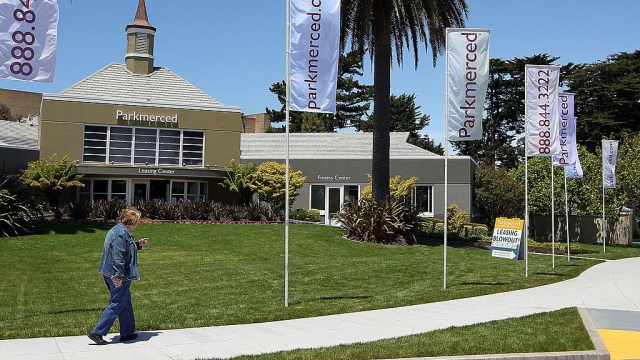Father’s Commute Time Tied to Child Behavior

Nobody enjoys sitting in a car for hours at the beginning and end of a long day at work. Driving is a chore, and not usually a pleasant one at that. Think of the traffic, the noise, and those awful thoughts of all the other ways you could be spending your time. But as annoying as commuting is for the person doing it, did you know that commuting has a tangible impact on health and potentially the health of one’s family as well?
Commuting more than 10 miles one way to work is associated with higher blood sugar, cholesterol levels, depression risk, and anxiety, among several other factors. When it comes to living a long healthy life it seems that the less time spent driving during rush hour the better. In fact, commuting less is part of the reason why some experts say we’ll have better-connected societies by 2025, with less geographical separation between work and home.
But unfortunately, a bad commute affects more than just the person doing the driving. A recent study of drivers in Germany showed that children whose fathers commuted a long distance to work have more emotional and social problems when compared to other kids. Researchers determined this finding by examining five factors of social and emotional wellbeing in children aged five to six. Some of the problems noted in children of fathers with long commutes included peer issues, as well as emotional symptoms.
Why is this the case? Researchers aren’t quite sure, but they hypothesize that the “stress and fatigue” associated with commuting, as well as the absence of a parent in the home can lead to harsh and inconsistent parenting on the part of either the father or the mother. All of this research seems to be related to two-parent, male-female parenting partnerships, but it would be interesting to see the results for single parents and same-sex partners as well.
—
Header Image: Mario Tama / Staff





